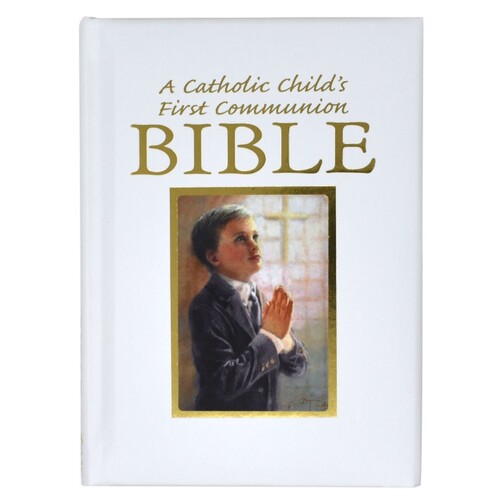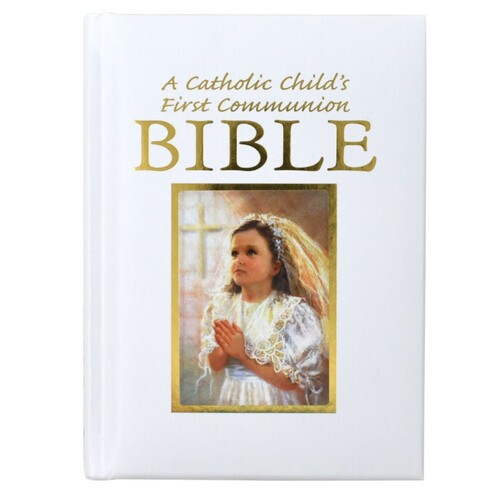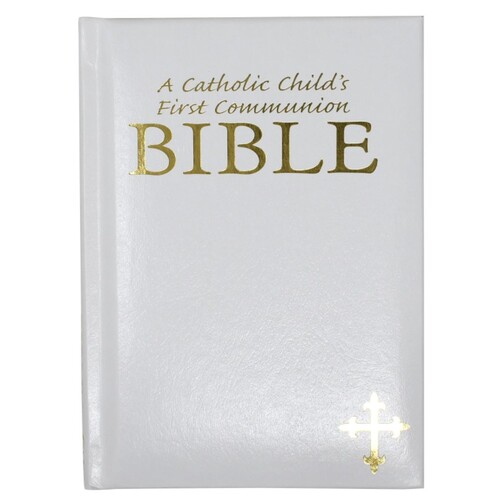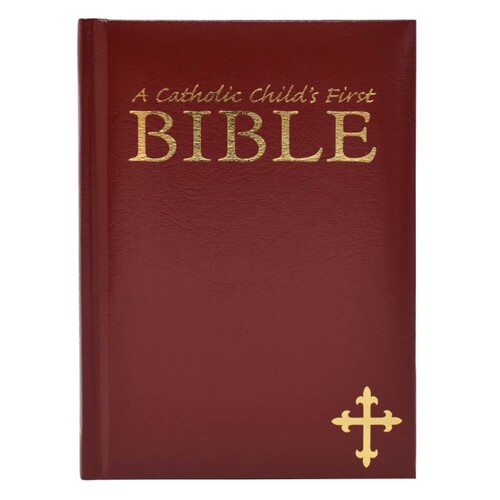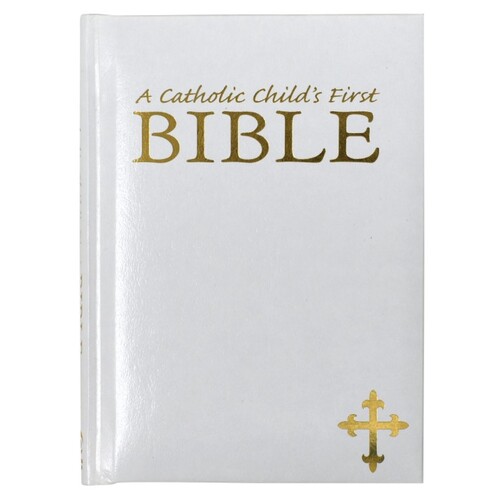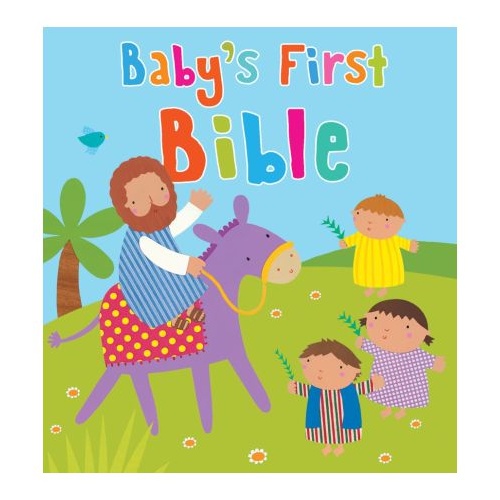Christian Supplies Privacy Policy
This privacy policy sets out how Christian Supplies uses and protects any information that you give Christian Supplies when you use this website. Christian Supplies is committed to ensuring that your privacy is protected. Should we ask you to provide certain information by which you can be identified when using this website, you can be assured that it will only be used in accordance with this privacy statement. Christian Supplies may in the future change this policy without notice by updating this page. You should check this page from time to time to ensure that you are happy with any changes.
Christian Supplies complies with the:
- National Privacy Principles contained in the Privacy Act 1988 (Cth) in relation to its commercial activities;
- Australian Direct Marketing Association Code of Practice in relation to how we market to our customers;
- Spam Act 2003 (Cth) in relation to electronic marketing; and
- Do Not Call Register Act 2006 (Cth) in the event that any telemarketing is undertaken.
What we collect
We may collect the following information:
- Name
- Contact information including email and mailing address and phone number
- Other information relevant to customer surveys and/or offers
Other information we may collect
We may collect non-personal information from you such as browser type, operating system, and web pages visited to help us manage our website.
We use cookies and other internet technologies to manage our website and certain online products and services. We do not use these technologies to collect or store personal information unless you have opted in to such a feature.
Our internet server logs the following information which is provided by your browser for statistical purposes only:
- The type of browser and operating system you are using
- Your Internet Service Provider and top level domain name (for example - .com, .gov, .au, etc.)
- The address of any referring website (for example - the previous website you visited)
- Your computer's IP (Internet Protocol) address (a number which is unique to the machine through which you are connected to the internet)
All of this information is used by Christian Supplies for aggregated statistical analyses or systems administration purposes only. No attempt will be made to identify users or their browsing activities, except where required by or under law.
How we use cookies
A cookie is a small file which asks permission to be placed on your computer's hard drive. Once you agree, the file is added and the cookie helps analyse web traffic or lets you know when you visit a particular site. Cookies allow web applications to respond to you as an individual. The web application can tailor its operations to your needs, likes and dislikes by gathering and remembering information about your preferences.
We use traffic log cookies to identify which pages are being used. This helps us analyse data about web page traffic and improve our website in order to tailor it to customer needs. We only use this information for statistical analysis purposes and then the data is removed from the system.
Overall, cookies help us provide you with a better website, by enabling us to monitor which pages you find useful and which you do not. A cookie in no way gives us access to your computer or any information about you, other than the data you choose to share with us. You can choose to accept or decline cookies. Most web browsers automatically accept cookies, but you can usually modify your browser setting to decline cookies if you prefer. This may prevent you from taking full advantage of the website.
For the exhaustive list of cookies we collect see the list of cookies we collect section.
What we do with the information we gather
We require this information to understand your needs and provide you with a better service, and in particular for the following reasons:
- Internal record keeping
- We may use the information to improve our products and services
- We may periodically send promotional emails or mail about new products, special offers or other information which we think you may find interesting using the information you have provided
- From time to time, we may also use your information to contact you for market research purposes. We may contact you by email, phone or mail. We may use the information to customise the website according to your interests
Security
We are committed to ensuring that your information is secure. In order to prevent unauthorised access or disclosure, we have put in place suitable physical, electronic and managerial procedures to safeguard and secure the information we collect online.
Also, from time to time, we may use external companies to provide us with detailed aggregate statistical analyses of our website traffic. At no time is any personal information made available to these companies, nor is the aggregate information ever merged with personal information such as your name, address, email address or other information you would consider sensitive or would compromise your privacy.
Privacy exceptions
We have a strict duty to maintain the privacy of all personal information we hold about you. However, certain exceptions do apply. For example, where disclosure of your personal information is:
- Authorised or required by law
e.g. disclosure to various government departments and agencies such as the Australian Taxation Office, CentreLink, Child Support Agency, or disclosure to courts under subpoena. - In the public interest
e.g. where a crime, fraud or misdemeanour is committed or suspected, and disclosure against the customer's rights to confidentiality is justified. - With your consent
Your consent may be implied or expressed and it may also be written.
Links to other websites
Our website may contain links to other websites of interest. However, once you have used these links to leave our site, you should note that we do not have any control over that other website. Therefore, we cannot be responsible for the protection and privacy of any information which you provide whilst visiting such sites and such sites are not governed by this privacy statement. You should exercise caution and look at the privacy statement applicable to the website in question.
Controlling your personal information
You may choose to restrict the collection or use of your personal information in the following ways:
- Whenever you are asked to fill in a form on the website, look for the box that you can click to indicate that you do not want the information to be used by anybody for direct marketing purposes
- If you have previously agreed to us using your personal information for direct marketing purposes, you may change your mind at any time by writing to or emailing us at marketing@christiansupplies.com.au
We will not sell, distribute or lease your personal information to third parties.
You may request details of personal information which we hold about you under the Data Protection Act 1998. If you would like a copy of the information held on you please, write to us:- Christian Supplies, 35B Chorlton Street, East Brisbane QLD 4169 or email marketing@christiansupplies.com.au
If you believe that any information we are holding on you is incorrect or incomplete, please write to or email us as soon as possible, at the above addresses. We will promptly correct any information found to be incorrect.
Further information on privacy
You can obtain further general information about your privacy rights and privacy law from the Office of the Australian Information Commissioner by:
- Calling their Privacy Hotline on 1300 363 992
- Visiting their website at www.privacy.gov.au
- Writing to:
The Australian Information Commissioner
GPO Box 5218
Sydney NSW 1042
List of cookies we collect
The table below lists the cookies we collect and what information they store.
| COOKIE name | COOKIE Description |
|---|---|
| CART | The association with your shopping cart. |
| CATEGORY_INFO | Stores the category info on the page, that allows to display pages more quickly. |
| COMPARE | The items that you have in the Compare Products list. |
| CURRENCY | Your preferred currency. |
| CUSTOMER | An encrypted version of your customer id with the store. |
| CUSTOMER_AUTH | An indicator if you are currently logged into the store. |
| CUSTOMER_INFO | An encrypted version of the customer group you belong to. |
| CUSTOMER_SEGMENT_IDS | Stores the Customer Segment ID. |
| EXTERNAL_NO_CACHE | A flag, which indicates whether caching is disabled or not. |
| FRONTEND | You sesssion ID on the server. |
| GOOGLE ANALYTICS | Website visitor data such as IP address and location. |
| GUEST-VIEW | Allows guests to edit their orders. |
| LAST_CATEGORY | The last category you visited. |
| LAST_PRODUCT | The most recent product you have viewed. |
| NEWMESSAGE | Indicates whether a new message has been received. |
| NO_CACHE | Indicates whether it is allowed to use cache. |
| PERSISTENT_SHOPPING_CART | A link to information about your cart and viewing history if you have asked the site. |
| POLL | The ID of any polls you have recently voted in. |
| POLLN | Information on what polls you have voted on. |
| RECENTLYCOMPARED | The items that you have recently compared. |
| STF | Information on products you have emailed to friends. |
| STORE | The store view or language you have selected. |
| USER_ALLOWED_SAVE_COOKIE | Indicates whether a customer allowed to use cookies. |
| VIEWED_PRODUCT_IDS | The products that you have recently viewed. |
| WISHLIST | An encrypted list of products added to your Wishlist. |
| WISHLIST_CNT | The number of items in your Wishlist. |















